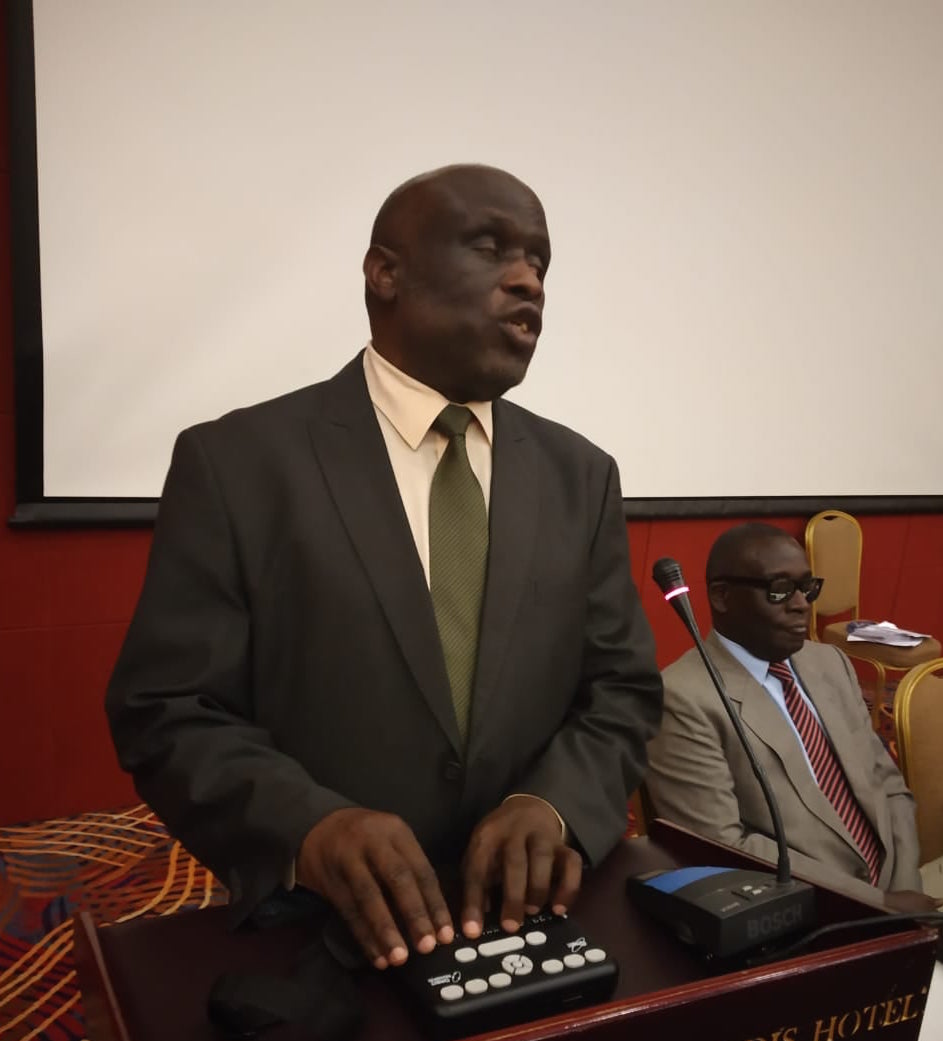By Ishmael Zhou
In the areas affected by Cyclone Chalane, there is a need to have data on people with disabilities (PWDs) – the type of disability, age, sex, and possibly specific challenges relating to each type of disability.
There are wholesale solutions to disability but sometimes we have to have tailor-made solutions.
Parents with young children may require counselling – some may never have had the occasion of their children with disabilities exposed to the ‘public’ and the public may also require empowerment in accepting having PWDs amongst them.
Some PWDs will be amongst large numbers of people for the first time and they may be vulnerable to abuse particularly women and girls. They have to be empowered against this eventuality.
We have to tailor-make our communication and education systems to cater to everyone. Thus we need to have Braille Large print and audio for the visually impaired, sign language for the deaf, simplified communication modes for the intellectually challenged, and use of disability-friendly language.
Some types of disability require a specific and specialised diet including toiletries and the use of common provisions and facilities may require specific and particular interventions.
Toilets and ablution facilities have to be user friendly. There are needs like being accessible to wheel chair users, those that require assistance from care givers, toilet seats being of the correct height, availability of warm water and sometimes the need for privacy.
Ramps and guiding rails are necessary for certain disability types – and the ramps must be of the standard gradient.
We don’t rule out instances of discrimination and stigmatisation of PWDs, their parents, guardians, and or caregivers. They have to be counselled and the community must be educated on disability issues.
COVID 19 further complicates the livelihood of PWDs particularly when they are amongst large groups of people. Are the PWDs going to be able to take the necessary precautions, under these circumstances, and doesn’t the environment present further challenges that have to be tackled?
People on the ground should have the ability to understand disability and its needs. They have to have practical knowledge of disability, its challenges, and possible solutions.
Lastly, Supporting Partners are encouraged to collaborate with Disability Organisations. They are both academics and practitioners in disability issues. Their involvement can greatly enhance disability interventions and programming.






